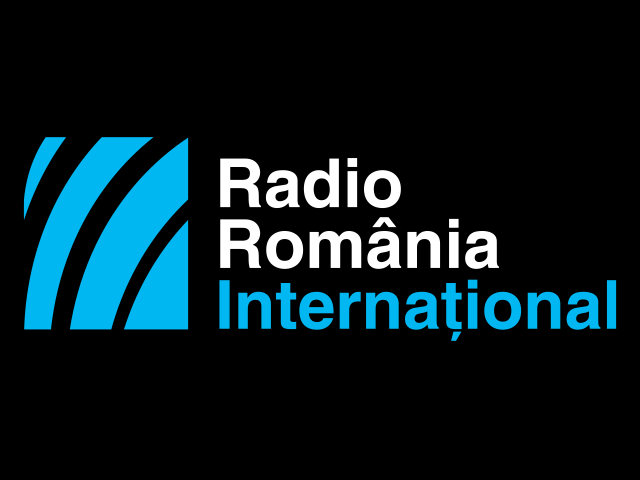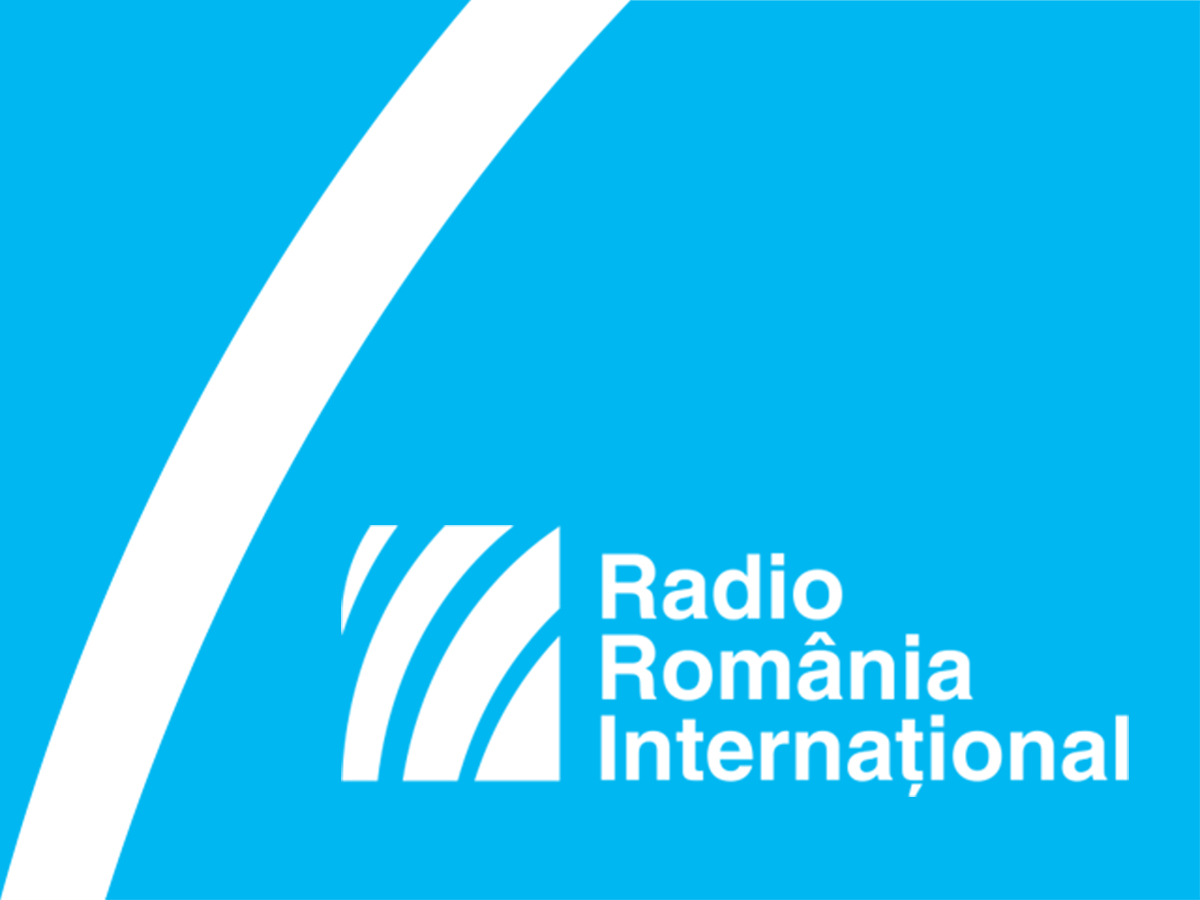Romania and the Warsaw Pact
Two opposing military blocs were created in the wake of WWII, NATO and the Warsaw Pact.

Steliu Lambru, 22.01.2024, 14:00
The end of WWII led to a split of Europe into two halves, Central and Eastern Europe, which was under the control of the Soviet Union and the communist tyranny, and Western Europe, the democratic Europe. Symbolically, the division of Germany by the Berlin Wall brutally separated the two totally different worlds which viewed each other with hostility, something that would lead to the formation of two opposing military blocs, the Warsaw Pact and NATO.
Occupied by the Soviet troops and turned into a communist country, Romania was also part of the treaty signed in the Polish capital in 1955 together with seven other communist states: Albania, Bulgaria, Czechoslovakia, East Germany, Poland, Hungary and the USSR. Like the other socialist countries, Romania also signed the Warsaw Pact under duress. The example of the 1956 invasion of Hungary, who wanted to leave the alliance signed a year earlier, clearly showed the implications of any possible opposition. In 1968, Albania withdrew from the alliance when, following the conflict between the USSR and China, it adopted the latters tough position.
In 1968, the Warsaw Pact saw one of its most shameful moments. The USSR, Bulgaria, East Germany, Poland and Hungary invaded Czechoslovakia to put an end to the reforms initiated by president Alexander Dubček and which were considered much too liberal. Romania refused to take part in the invasion and that action earned its leader Nicolae Ceaușescu immense prestige. The Brezhnev doctrine governed the actions of the Warsaw Pact, but in reality it defended the interests of the USSR. The 1968 invasion of Czechoslovakia caused great fears that the same action may be taken against Yugoslavia and Romania. In 2002, Radio Romanias Oral History Centre recorded an interview with the intelligence general Neagu Cosma. He recounted how Romania was prepared for the invasion because it had an agent infiltrated into the command of the Warsaw Pact, a Polish colonel who was providing intelligence to Bucharest:
“The Polish colonel had first come to Romania in 1939 when he was a child, together with his family, and even went to school here, learnt Romanian well and considered himself part Romanian. He saw Romania as his second country. Around 20th July 1968, he asked to meet the Romanian colonel Bichel and told him that Brezhnev himself, together with Andropov, the head of the KGB, and the leadership of the army prepared an invasion of Czechoslovakia, Yugoslavia and Romania as they were unhappy with the politics pursued by Dubcek, Tito and Ceauşescu. A small group from the Chief of State of the Warsaw Pact Command was working on the details of the plan. Bichel was stunned by the information. The Polish colonel also told him that the invasion was to take place in three stages. First Czechoslovakia, followed by Romania 2-3 weeks later, and then Yugoslavia after another 2-3 weeks. He also said that Soviet troops and forces were already moving towards Czechoslovakia.”
Just like an army or a military alliance show the level of development of the respective countries, the armies of the Warsaw Pact were representative of the socialist regimes. In terms of size, the two opposing military blocs boasted about the same number of troops and equipment, but the quality of NATOs equipment was far better. The history of the Warsaw Pact was one of the bankruptcy of the communist regimes, its collapse in 1991 being the logical consequence of the political transformations that occurred in 1989. The diplomat Vasile Șandru recalled in 1994 the last meeting of the leaders of the former Socialist countries to discuss what was to be done:
“The first meeting was chaired by Jozsef Antall, the prime minister of Hungary. The first point on the agenda was the future of the general European process, European security and the creation of European security structures and cooperation, therefore general issues. The second point involved an exchange of views on the revision of the nature of the Warsaw Pact, its functions, activities and possible restructuring. Gorbachev spoke at length, focusing on 3-4 issues. He made a series of comments, first of all his views on the situation in Europe at the time and the future of the Warsaw Pact in the circumstances. He dwelled in particular on the German issue. A provisional government committee was created tasked with assessing the role and activity of the Warsaw Pact and it was proposed that the committee met in Prague. As we all know, it was agreed in the end that the meeting of the Political Consultative Committee would no longer take place. The foreign ministers met instead and signed the death certificate of the Warsaw Pact.”
The Warsaw Pact was dismantled in 1991 in Prague. This was, metaphorically speaking, the death of an entity that no one regretted.






























